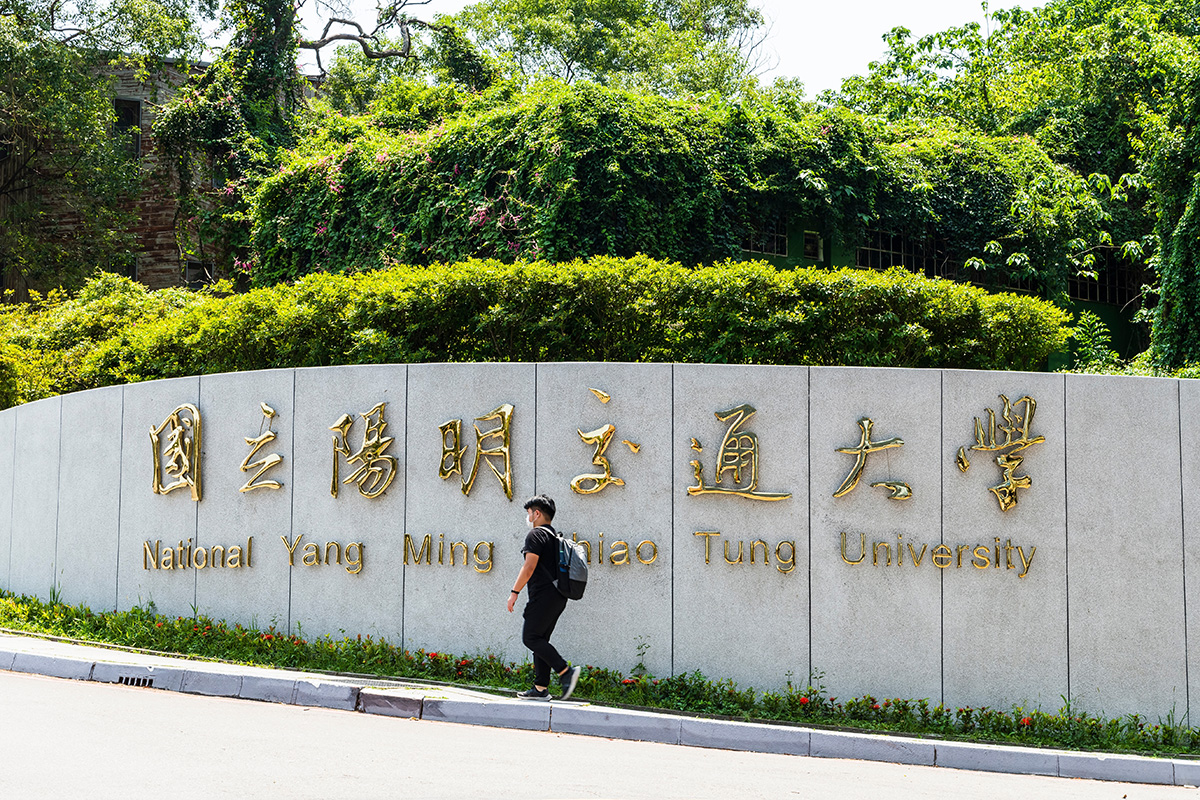Enhancing Neurocognitive Health via Activity, Nutrition and Cognitive Exercise (ENHANCE)
This randomized controlled trial demonstrates that multidomain interventions can induce neuroplasticity in older adults, with differential effects on brain structure and function between urban and rural participants. The results emphasize the need for tailored approaches that consider sociocultural factors to optimize healthy aging across diverse populations.
Latest page update: 20 October, 2025
Aim of the project
To examine how the multidomain intervention relates to clinical characteristics, phenotypic traits, biochemical profiles, myokines, proteomics, metabolomics, brain imaging, and exosomal miRNA, and how these multidimensional indicators reflect neuroplasticity and functional resilience in older adults.
Location
Two regions in Taiwan: Taipei City and Yilan County.
Taipei City: two community centers affiliated with Taipei Veterans General Hospital and local senior learning centers.
Yi-Lan County: two community centers coordinated through Taipei Veterans General Hospital Yuanshan Branch and local community care stations.
Organizations involved
National Yang Ming Chiao Tung University
Principal Investigator (PI)
Liang-Kung Chen, National Yang Ming Chiao Tung University
Research team
Li-Ning Peng, National Yang Ming Chiao Tung University
Wei-Ju Lee, National Yang Ming Chiao Tung University
Duration of the intervention
12 months
Project start date
2021
Project end date
2023
Current stage of the project
Complete
Number of study participants
102
Target population
Community-dwelling older adults aged 65 years or older, at risk of dementia or disability, identified by slow gait speed (<1 m/s), weak grip strength (<28 kg for men, <18 kg for women), or subjective cognitive decline
Outcomes
Primary outcomes
- Change in brain structures on MRI
- Change in Physical performance (hand-grip strength (kg), six-meter walking speed (m/s), and 5 times sit to stand test)
Secondary outcomes
- Life quality SF12
- Change in Complete blood count
- Change in Nutrition intake (Mini-nutritional assessment)
- Change in depression (CES-D)
- Change in cognitive ability (MoCA)
- Change in International Physical Activity Questionnaire (IPAQ)
Exploratory outcomes
- Change in laboratory data (Vitamin D3 25-OH, DHEA-S, IGF-1, Homocysteine, hs-CRP, Zinc, TSH, myostatin, activing A, follistatin)
- Change in Relative appendicular skeletal muscle index (RASM)
- Change in body fat %
Intervention
The study had 2 arms:
- Multidomain intervention group
- Control group: received standardized telephone-based health education intervention
Multidomain intervention
The ENHANCE trial had a group-based format twice weekly for 12 months and stimulated social networking.
Domains
- Physical exercise: targeted muscle strength, balance, flexibility and endurance.
- Cognitive training
- Nutritional advice: based on national dietary guidelines for older adults
- Disease management education
Results
Summary: Compared with the control group, the 12-month multidomain intervention significantly preserved brain grey matter volume (GMV) and improved multiple functional outcomes. Participants showed enhanced physical performance, cognitive function, and cardiometabolic health, with distinct neuroplastic and functional responses between urban and rural cohorts. Attendance rates exceeded 60% across all sites, and no intervention-related adverse events were reported.
Primary outcome
- Using voxel-based MRI analysis, the intervention group showed significantly less GMV reduction in the left inferior temporal lobe compared with controls (p < 0.05).
- Rural participants demonstrated additional GMV preservation or expansion in the cerebellum (Crus I & II) and occipital cortex, while urban participants exhibited more GMV reduction in the temporal-occipital fusiform cortex.
Secondary outcomes
- Cognitive function: Improved MoCA score (+1.32 points; 95% CI 0.10–2.54; p = 0.034), with rural participants showing greater cognitive gains (+3.06 points; p = 0.007).
- Cardiometabolic biomarkers: Increased HDL-C (+6.65 mg/dL; p < 0.001) and decreased triglycerides (−16.07 mg/dL; p = 0.025).
- Nutritional and psychosocial measures: Stable MNA, depression (CES-D), and social frailty scores across time points.
Others
- The ENHANCE trial provides the first MRI-based evidence from Taiwan demonstrating intervention-induced neuroplasticity in community-dwelling older adults.
- Findings highlight the importance of context-specific, community-embedded approaches for optimizing healthy aging, particularly addressing urban–rural disparities in cognitive and physical outcomes.
Acknowledgements
This study was supported by the Ministry of Science and Technology, Taiwan (NSTC 112-2321-B-075-004; NSTC 112-2321-B-A49-006).
Collaborating institutions include the Center for Geriatric and Gerontology, Taipei Veterans General Hospital; the Center for Healthy Longevity and Aging Sciences, and the Brain Research Center, National Yang Ming Chiao Tung University.

Registered clinical trial
Brain Aging: Muscle-to-brain Axis Modulates Physio-cognitive Decline
(ClinicalTrials.gov)
Results
Enhancing Neurocognitive Health via Activity, Nutrition and Cognitive Exercise (ENHANCE): A Randomized Controlled Trial
(Journal of Cachexia, Sarcopenia and Muscle, 2025)

